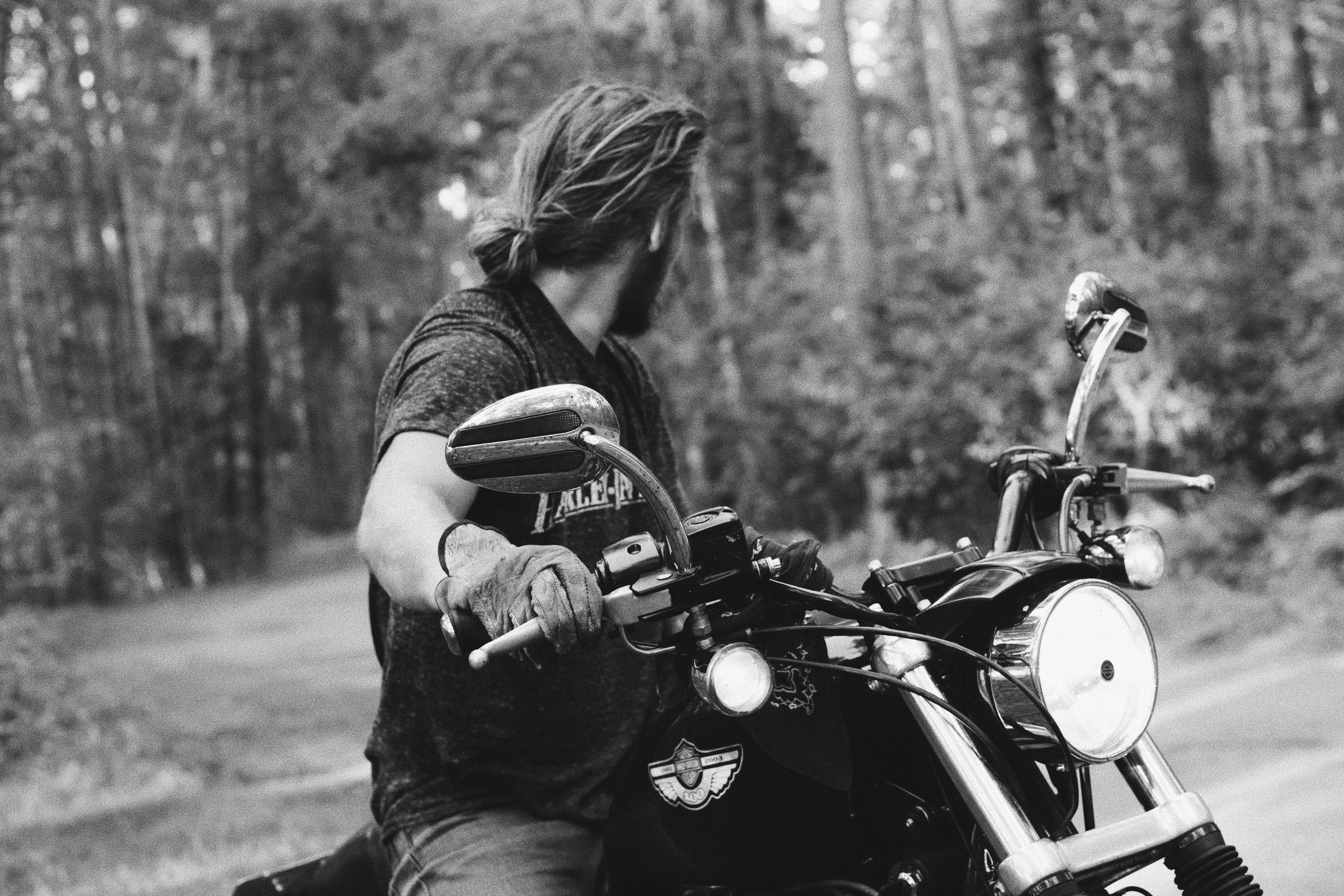Before you write the script, write the trailer
Many years ago, the great crime novelist Mickey Spillane was interviewed by television host Mike Douglas. Mike asked Mickey how he came up with his clever plots and Mickey said, “Mike, I’m going fishing.” After a few appreciative laughs, Mickey said, “I put my line in the water, I sit down, and before I know what the book is about, I’m like, ‘How does it end?'”
Mike Douglas, a kindly perceptive presenter, asked, “After you write the ending, do you work backwards until you have a book to go along with the ending?” Mickey, that famous tough guy with the twinkle in his eyes, said, “By the time the fish bite, I’ve got my dinner, my end, and a book to write.”
He envied Mickey Spillane because he had come up with a simple scheme to create his fiction and sold millions of books. Furthermore, you could tell that Mickey Spillane was a guy who had fun doing what he did.
Skip cut to a few years ago. I was hired to rewrite a script with no beginning, no middle, and an ending so blatantly stupid that it pretty much guaranteed the movie would never get made. Needless to say, I didn’t expect to have much fun. Which made me think of Mr. Spillane, sitting on the beach with his line in the water. At that point, it occurred to me that there might be a way to have fun writing a movie.
What I did was remember my first job: a movie editor shooting low-budget trailers. I looked at the script and asked, “What would the trailer for this look like?” Then I wrote the trailer before I wrote the movie!
Unlike Mickey, he knew he needed more than just an ending that he could work backwards from. I had to figure out the many key elements that make a movie, and a movie trailer, work for an audience.
I sat for a second and imagined that I was in the theater. The 64 minutes of commercials had just ended and the audience was informed that the feature would start after a few previews. Then I heard a voice. Not from above. He was that guy you hear in almost every trailer. With that unique sonorous tone, she thundered, “In a world where men were men and women wished for men to be scarce…”
I then wrote some lines of narration for the trailer and outlined an image that I thought might get people interested in the movie. Then I remembered a line of dialogue in the script that sounded great (there wasn’t much to choose from) and used it for the next scene.
I knew I had something to work with when I laughed out loud at a sequence I had written for the trailer. I guess it helps to inform them that the script was supposed to be a comedy.
More importantly, when I was done, I was able to use the trailer document to help me structure the entire movie, as well as give me specific ideas on how to get from one point to the next. In other words, knowing the trailer helped me figure out the guts of the story: the things that are in between those big scenes that a trailer uses to get the audience excited.
Of course, it is not a perfect or complete solution. For me, the magic of great scripts is creating all the little moments we remember when we watch great movies and, more importantly, conjuring up characters we engage with and stay close to for a couple of hours.
None of that hard work changes a bit. What the trailer does is help you figure out what your movie will be. It tells you why you should be excited and best of all, it serves as a great guide. Schemes and treatments tend to speak of the film. The trailers are the movie. They give you the tone of the movie and tell you if it’s working.
If you’ve read this far, you deserve to know how the script I was working on turned out. The producer liked the draft I submitted. Then they fired him, which of course meant they fired me, after which they brought in another writer and told him to change the script to the draft that was originally given to me. The movie never got made, but I’m still proud of the way my version turned out, and glad I discovered a way of working that really made writing screenplays a fun experience.
Gone are the days of Mickey Spillane fishing for his dinner while whipping up a million-copy bestseller. But I think writing the trailer first can make screenwriting more productive and enjoyable. I’d even bet money that your dinner afterwards (sea, land, or any combination thereof) will taste even better!
